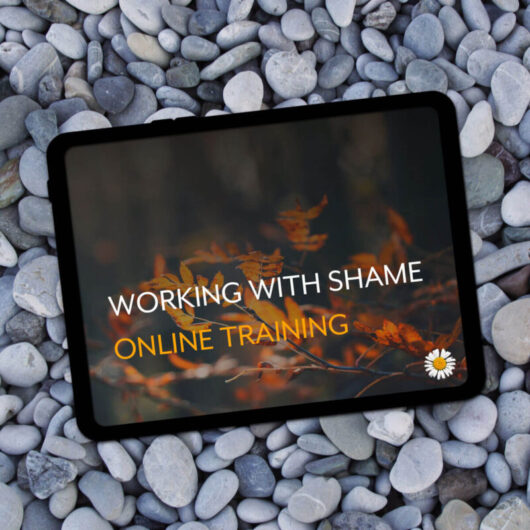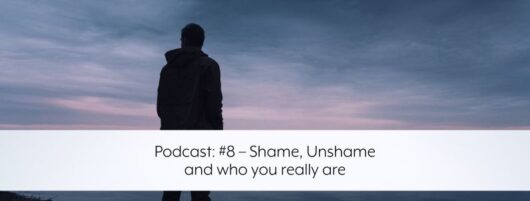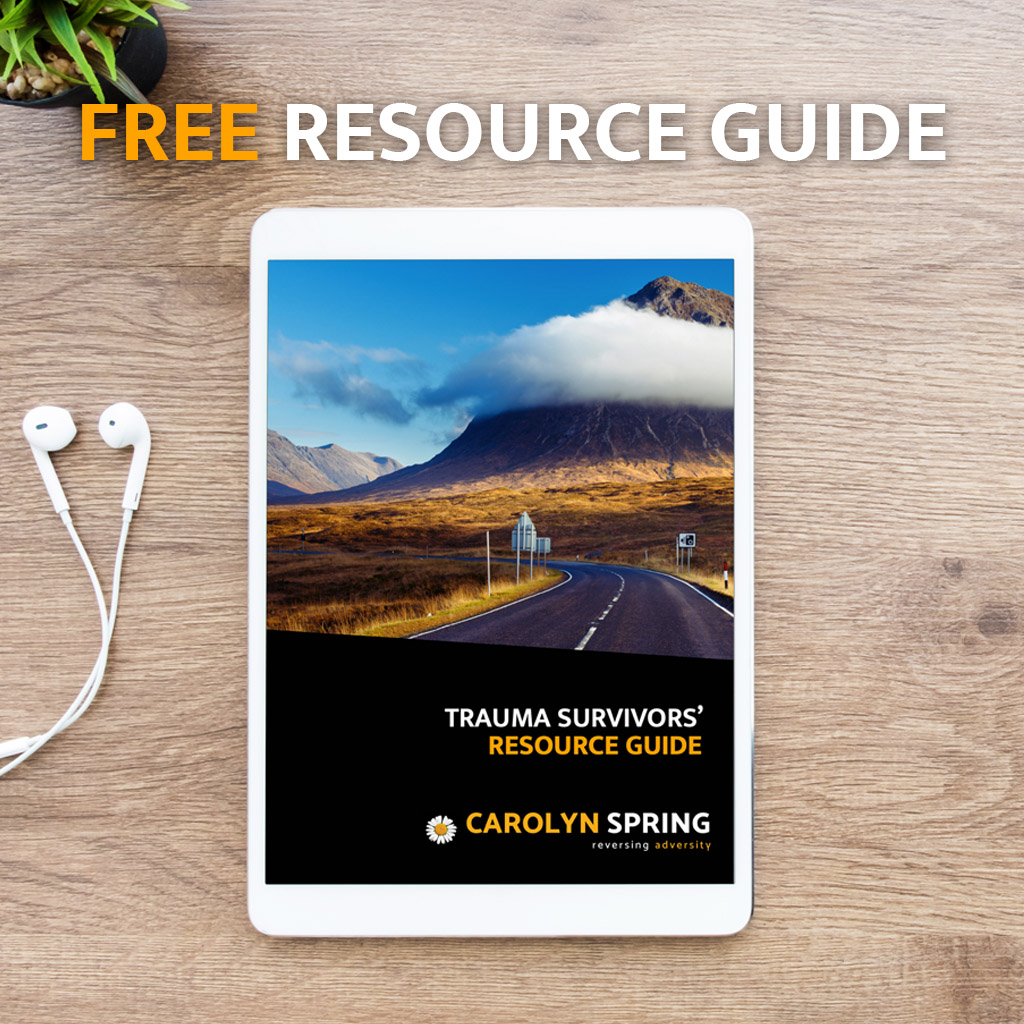
Shame
Shame affects everyone. But its impacts aren’t always obvious, and so we may not realise that we’re acting and reacting out of shame. Generally we think of shame as a bad thing – but is it? Is it all bad? Or does it have a purpose? – a purpose rooted in our evolutionary neurobiology?





